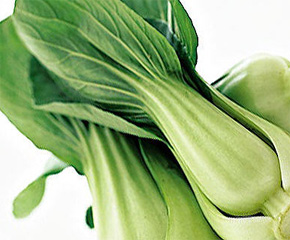Chinese pak choi cabbage, South American chillies, Feta cheese and wine are now grown or produced on British soil. Being green and environmentally aware has boosted the exotic food market’s success.
When Cherry Farms, Britain’s largest pak choi farm set up four years ago, all of its output went to Chinese consumers but 40 percent now goes to English customers and that figure is growing, Hong Kong native and farm proprietor David Lam said.
“About 15 years ago, you could not imagine that rocket would be so popular in this country. And now it’s chillies and Chinese vegetables,” Lam said at his farm, which is spread over 35 acres
“A certain percentage of the general public is not just looking at the price but also the story behind the product as well,” said spokesman Dale Atkinson of the British Retail Consortium, an independent lobby group that represents 85 percent of British retailers.
Britain is nearly 60 percent self-sufficient in food, meaning it exports and imports a substantial amount of food, said Jim Holding of the government’s Department for Environment Food and Rural Affairs (DEFRA) said.
For hot chilli producer Genovese in Bedfordshire, which supplies the main supermarkets with 10 tonnes of South American and Middle Eastern chillies a week, the green customer is vital for business.
Sending food by air is the most damaging mode of transport to the environment ,significantly worse than sea or rail, and accounted for 13 percent of CO2 emissions in Britain in 2004, DEFRA showed in a report.

